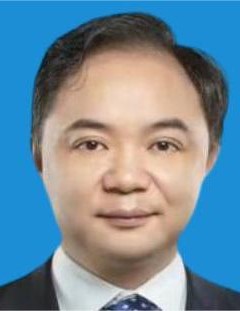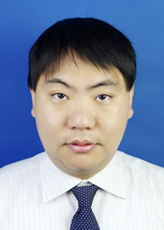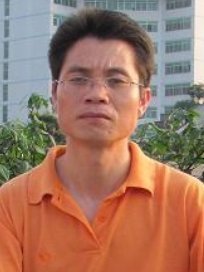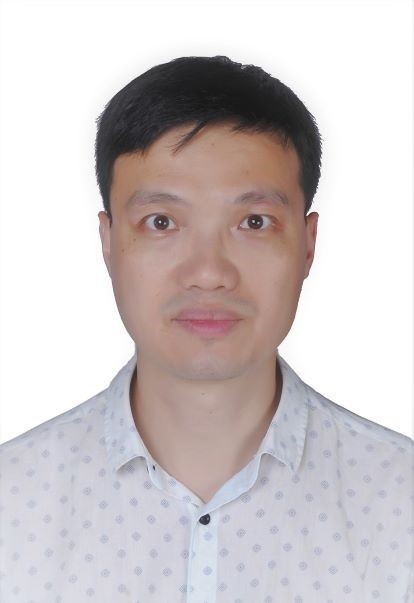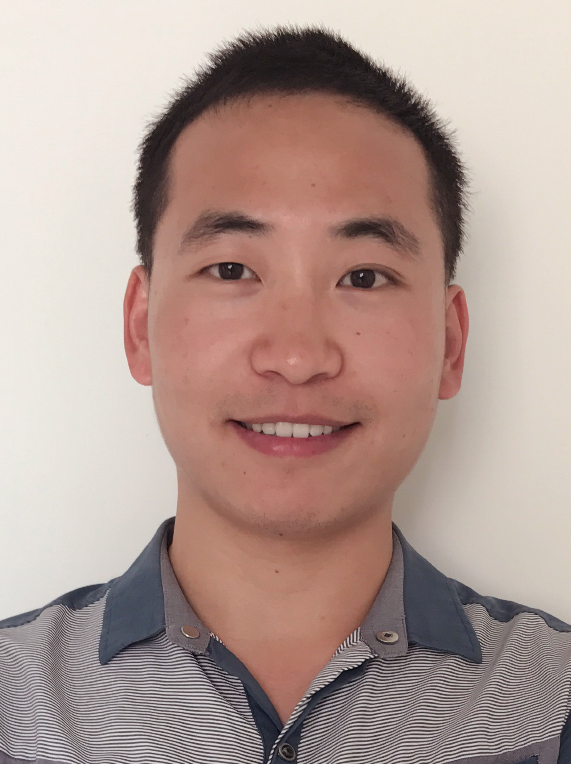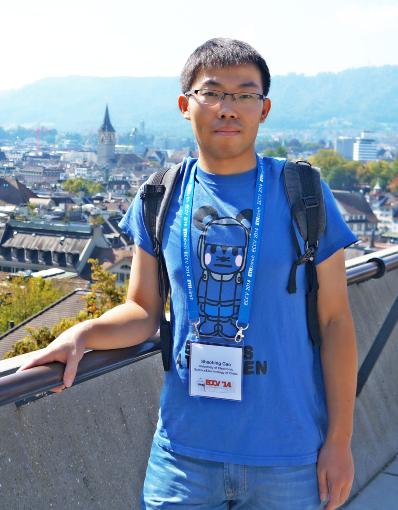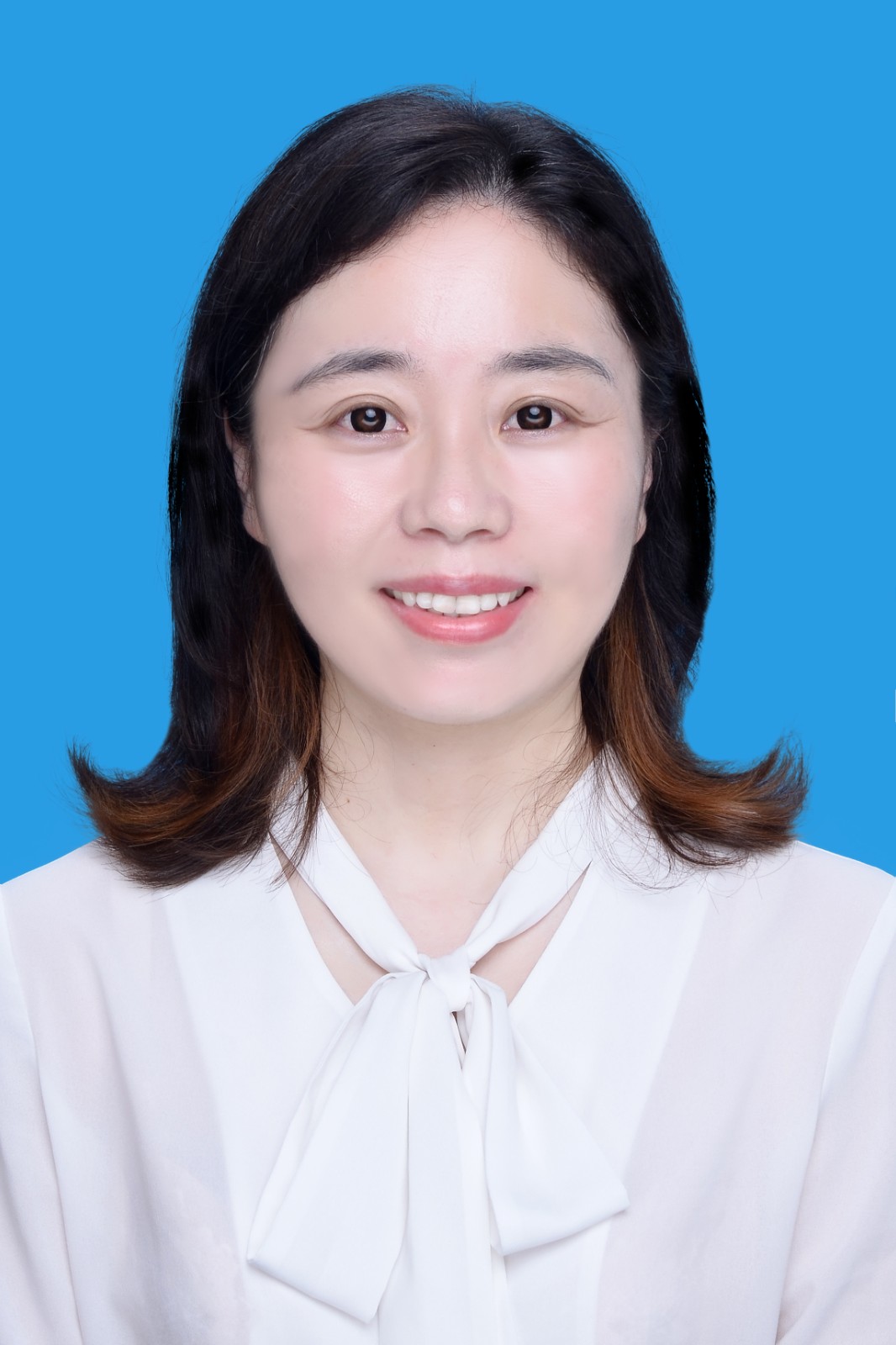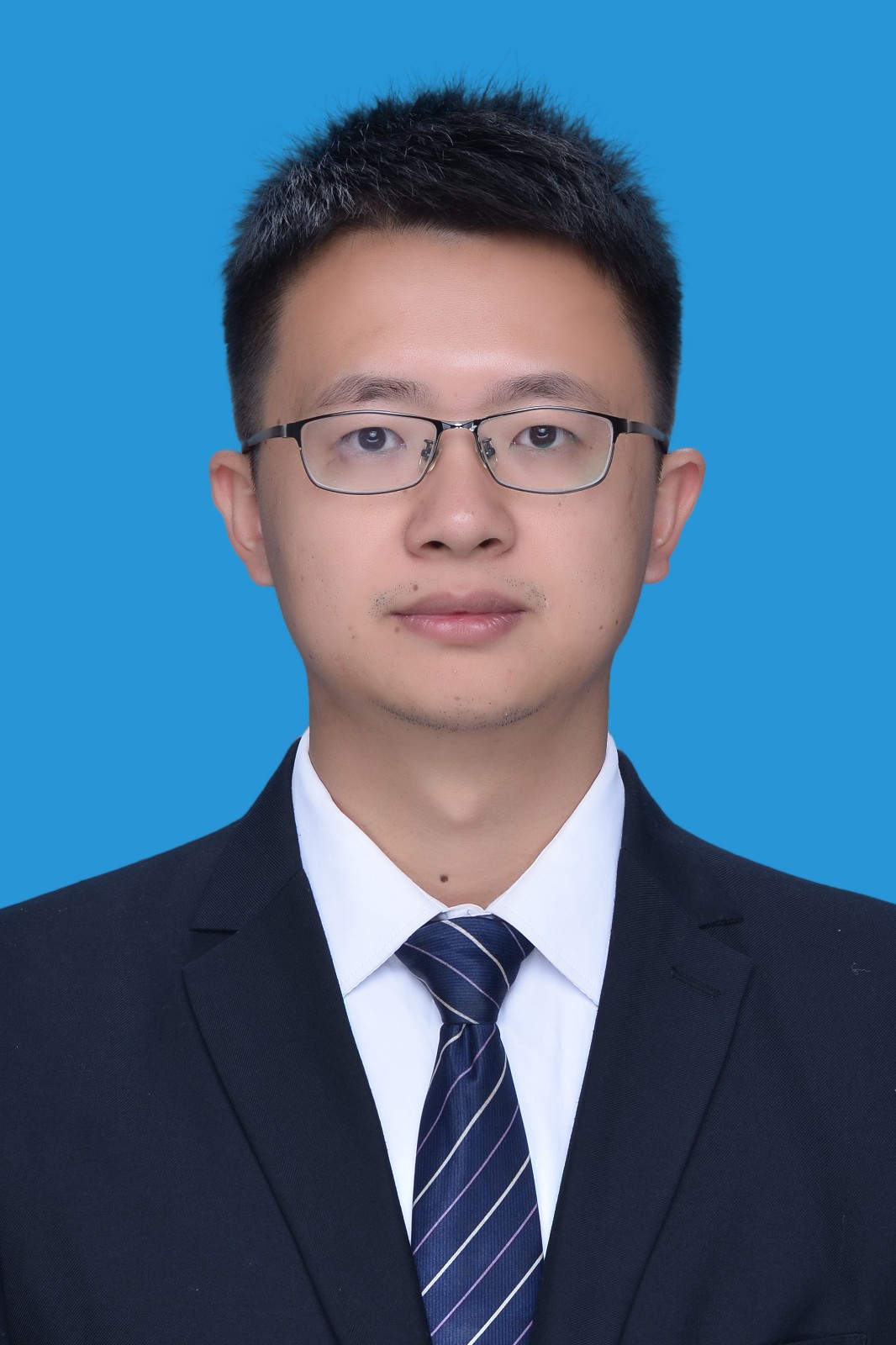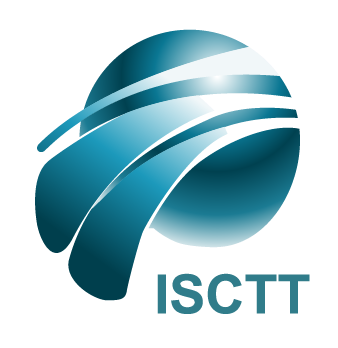
Speakers
Keynote Speaker |
| Professor Weisheng Li Chongqing University of Posts and Telecommunications, China Li Weisheng, Ph.D., Professor, Doctoral Supervisor, Vice President of Chongqing University of Posts and Telecommunications (CQUPT), and Executive Dean of the School of Computer Science and Technology. He is a Changjiang Scholar Distinguished Professor (awarded by the Ministry of Education of China), New Century Excellent Talent (recognized by the Ministry of Education), Academic and Technical Leader of Chongqing, and Director of the Chongqing Key Laboratory of Image Cognition. He also serves as Vice Chair of the CCF (China Computer Federation) Chongqing Chapter and Vice Chair of the ACM (Association for Computing Machinery) Chongqing Chapter. He has led over 30 major research projects, including the Key Project of the National Natural Science Foundation of China, Joint Key Project of the National Natural Science Foundation of China, and National Key R&D Program of China-Government International Cooperation Key Special Project. His primary research focuses on Big Data Intelligent Computing, Pattern Recognition, and Digital Image Processing. He has published over 100 papers in internationally renowned journals and top conferences. His notable accolades include: First Prize of the Wu Wenjun Artificial Intelligence Science and Technology Progress Award, First Prize of the Chongqing Natural Science Award, First Prize of the Chongqing Science and Technology Progress Award. |
Keynote Speaker |
| Professor Jie Shao University of Electronic Science and Technology of China, China Professor Shao Jie (Australian citizen) currently serves as Executive Vice President of the Sichuan Artificial Intelligence Research Institute (Yibin). He received his Ph.D. in Computer Science from The University of Queensland, Australia in 2009 and has conducted research and teaching at The University of Melbourne, The University of Queensland, and National University of Singapore. He has pioneered innovative research in multimedia, big data, and artificial intelligence, publishing over 100 high-impact academic papers in journals such as IEEE TKDE, IEEE TNNLS, IEEE TCYB, IEEE TMM, IEEE TGRS, IEEE THMS, IEEE TCSVT, ACM TOIS, and ACM TOMM, as well as top conferences including ACM MM, IEEE ICDE, VLDB, IJCAI, and AAAI. His accolades include the Best Paper Award at DASFAA 2012 and Best Paper Finalist at PCM 2017. As the primary inventor, he holds 20 granted national invention patents (2 transferred). He has led 2 NSFC General Programs and 1 Sichuan Key R&D Project, co-directed 1 NSFC Key Program as a collaborative unit lead, and managed industry R&D projects commissioned by Tencent, Huawei, and China Academy of Railway Sciences. He has served as a Guest Editor for journals including International Journal of Systems and Service-Oriented Engineering, Pattern Recognition Letters, and World Wide Web Journal, and has long been a reviewer for CCF A/B-tier journals (e.g., IEEE TPAMI, TKDE, TNNLS, TMM, TCYB, TGRS, TCSVT, and ACM TOMM) and program committee member/senior member for major international conferences such as ACM KDD, MM, IEEE ICDE, CVPR, ICCV, IJCAI, AAAI, NeurIPS, and ACL. In 2019, he chaired the Program Committee of APWeb-WAIM 2019, a CCF-recommended international conference in big data. |
| Keynote Speaker | |
| Professor Xianhua Zeng Chongqing University of Posts and Telecommunications, China Zeng Xianhua, Professor, Doctoral/Master's Supervisor, Chongqing Talent·Leading Talent, currently serves as Deputy Director of the Chongqing Key Laboratory of Image Cognition. His research focuses on machine learning, big data intelligence, cross-modal cognitive computing, image retrieval, and data intelligent analysis. He has led 3 national-level research projects and 1 Chongqing key project, and participated in 6 national-level projects. His notable awards include: Second Prize of the National Teaching Achievement Award, First Prize of the Chongqing Teaching Achievement Award, First Prize of Outstanding Scientific Research Achievements at Chongqing University of Posts and Telecommunications. Over the past five years, he has mentored 2 Ph.D. graduates and 19 master's graduates. As the first or corresponding author, he has published over 70 academic papers in prestigious international and domestic journals, including IEEE T-IP, IEEE T-MM, Medical Image Analysis, Pattern Recognition, Information Sciences, Scientia Sinica Informationis (Chinese Science: Information Science), Journal of Software, Journal of Computer Research and Development, and Journal of Computer-Aided Design & Computer Graphics. |
| Keynote Speaker | |
 | Professor Yaobin Wang Southwest University of Science and Technology, China CCF Distinguished member (2024), Sichuan Natural Science Foundation for Distinguished Young Scholar (2023), CCF Technology Public Welfare Ambassadors (2023), Early Career Award in International Association for Science and Engineering Development Association (2022), Sichuan Provincial Reserve Candidate for Academic and Technical Leaders (2018), Mianzhou Talent Card holder. Expert in the National Ministry of Education, Sichuan Province, Chongqing City, Hebei Province, 827, 624 and other scientific and technological expert databases; National official visiting scholar to Northwestern University; Executive Member of CCF Distributed Computing and Systems Committee, etc.; Council member of IASED; Member of program committee of more than 30 international academic conferences; Chairman of sub-venues and conference chairman; Editorial board member of CST、journal of Southwest University of Science and Technology and other journals; Reviewer of more than 10 domestic and foreign academic journals. |
Keynote Speaker |
| Professor Zhiwei Huang Southwest Medical University, China Huang Zhiwei, Male, Professor, Ph.D., Master's Supervisor, currently serves as Vice Dean of the School of Medical Information and Engineering at Southwest Medical University. He is the Academic Leader of the Sichuan Provincial Key Laboratory of Central Nervous System Drugs (Co-established by Provincial and Municipal Departments) and an Academic Committee Member of the Luzhou Municipal Key Laboratory for Medical-Engineering-Informatics Integration and Translational Medicine. He is also a member of the Teaching Guidance Committee for Biomedical Engineering Programs and the Emerging Engineering Education Teaching Guidance Committee under the Sichuan Provincial Department of Education. With long-term expertise in teaching and research in biomedical engineering, his research focuses on biomedical signals and instruments and medical image processing. He has participated in 2 national-level research projects, led 3 provincial/ministerial-level projects, and directed 3 departmental/municipal-level projects. Over the past five years, he has published 15 SCI-indexed papers as the first author or corresponding author. His notable honors include: Second Prize of the Sichuan Provincial Teaching Achievement Award, Third Prize of the Science and Technology Innovation Progress Award (China Association of Medicine Education). |
Keynote Speaker |
| Associate Professor Shudong Huang Sichuan University, China Huang Shudong, Associate Professor/Doctoral Supervisor at the College of Computer Science (School of Software, School of Intelligent Science and Technology), Sichuan University. His primary research focuses on multimodal learning, multimodal large models, and related fields. He has led multiple National Natural Science Foundation of China (NSFC) projects and Sichuan Key R&D Projects. He has published over 60 papers in prestigious journals and conferences, including Nature-family journals, IEEE Trans series, and CCF-A ranked venues, with several recognized as ESI Highly Cited Papers and awarded the Sichuan Computer Society Annual Outstanding Paper Award. His research outcomes have been applied in collaboration with organizations such as the Nuclear Power Institute of China, Huawei, Tencent, and New Hope Group. He serves as Area Chair/Senior Technical Program Committee Member for leading AI conferences including NeurIPS, CVPR, ICML, IJCAI, and AAAI, and holds the position of Associate Editor of the Specialized Columns for the journal Engineering Science and Technology. |
Keynote Speaker |
| Professor Shaobin Gao Sichuan University, China Gao Shaobing, Associate Researcher at the College of Computer Science, Sichuan University. He earned his Master's degree from the University of Electronic Science and Technology of China (UESTC) in 2013, completed joint Ph.D. training at University College London (UCL), UK, in 2015, and received his Ph.D. from UESTC in 2017. He later conducted postdoctoral research at West China School of Medicine, Sichuan University (2018–2021). His primary research focuses on brain-inspired intelligence technologies and intelligent multimodal image fusion/analysis under data-constrained conditions, with applications in intelligent processing of small-sample, uncertain, and incomplete image data for high-altitude, high-speed aerospace platforms. He has published over 30 papers, including over 10 in IEEE Transactions (e.g., IEEE TPAMI) and CCF-A ranked conferences, and holds 20+ national invention patents and 2 software copyrights. He has led 2 National Natural Science Foundation of China (NSFC) projects and 1 sub-project of the National Key R&D Program of China. His notable awards include: Nomination Award for Outstanding Doctoral Dissertation (China Electronic Education Society), 2020 Wu Wenjun Artificial Intelligence Natural Science Award (Ranked 3rd), 2024 Class II Teaching Achievement Incentive Award (China Association for Artificial Intelligence, Ranked 2nd). He serves as an Editor for the international journal Frontiers in Computational Neuroscience (IF=3.2) and Guest Editor for the SCI-indexed journal Biomimetics (IF=4.5). |
Keynote Speaker |
| Professor Huayue Chen China West Normal University, China Chen Huayue, Ph.D., Professor, Master's Supervisor, and Head of the Department of Computer Science and Technology at China West Normal University. She has been recognized as a "World's Top 2% Scientist" (Stanford University list) and named a "Teaching Model Worker" by China West Normal University. As the first contributor, she received the 2023 Third Prize of the Sichuan Natural Science Award. Her research focuses on intelligent optimization algorithms and remote sensing image intelligent interpretation and analysis. Over the past three years, she has published over 40 first-author or corresponding-author papers in journals such as IEEE TGRS, IEEE IoT Journal, EAAI, and KBS, accumulating 1,000+ citations. Among these, 10 papers are recognized as ESI Highly Cited Papers, and 9 papers are listed as ESI Hot Papers. She has led or participated in 6 national/provincial-level projects, including National Natural Science Foundation of China (NSFC) projects and provincial/ministerial-level initiatives, as well as multiple municipal/departmental-level key laboratory projects. She holds 4 invention patents and several software copyrights registered with the National Copyright Administration. She serves as a long-term reviewer for SCI-indexed journals such as KBS, EAAI, IEEE TGRS, IEEE TIP, and Remote Sensing (RS). |
Keynote Speaker |
| Associate Professor Liming Xu China West Normal University, China Xu Liming, Male, Associate Professor, Ph.D., Postdoctoral Fellow, is a recipient of Sichuan's "Thousand Talents Plan" and a Young Talent of Sichuan's "Tianfu Emei Plan". He serves as a Member of the Intelligent Medicine Committee of the China Association of Medicine Education, Expert for the Big Data Bureau of Nanchong's Specialized Committee, Master's Supervisor at the School of Computer Science, China West Normal University, Director of the Software Engineering Teaching and Research Office, and Research Secretary. His research focuses on multimodal image analysis and reconstruction, specializing in machine learning paradigms such as hash learning, manifold learning, deep learning, and adversarial learning, with applications in image restoration, super-resolution, hash-based retrieval, and cross-modal transformation. Over the past five years, he has published 40+ first-author or corresponding-author papers in top-tier journals including IEEE T-IP, IEEE T-MM, IEEE T-CSVT, IEEE J-BHI, MEDIA, and Pattern Recognition, with nearly 30 indexed by SCI/EI. He has led or participated in over 10 research projects, including the National Natural Science Foundation of China (NSFC), China Postdoctoral Science Foundation General Program, Sichuan Natural Science Foundation for Young Scholars/General Program, and Chongqing Natural Science Foundation. He was awarded the Third Prize of the 11th Science and Technology Award from the China Association of Medicine Education. |
